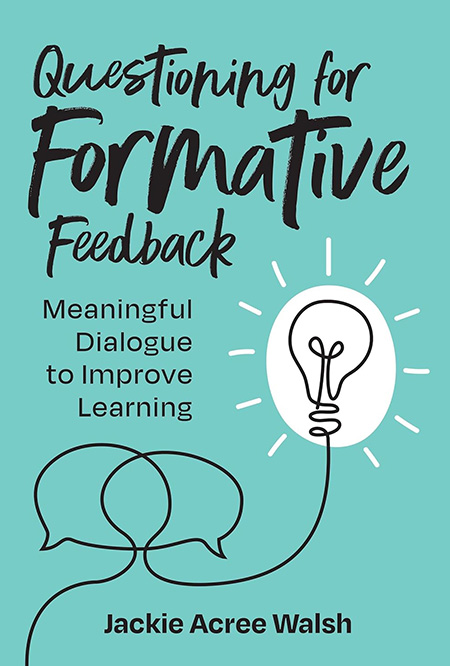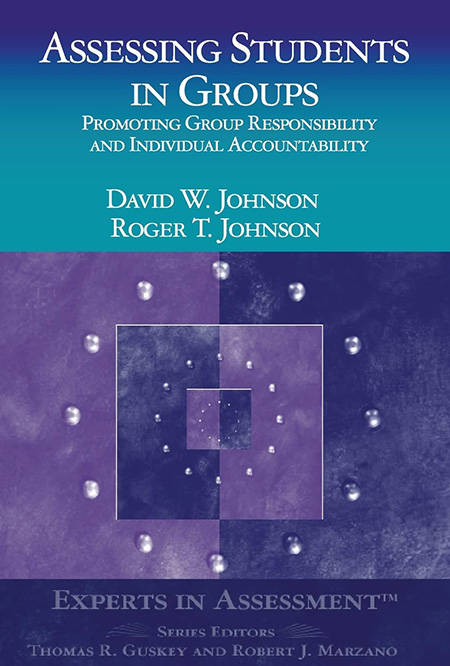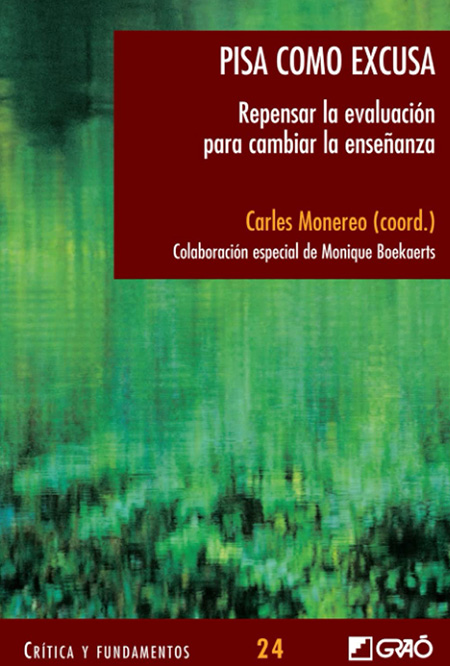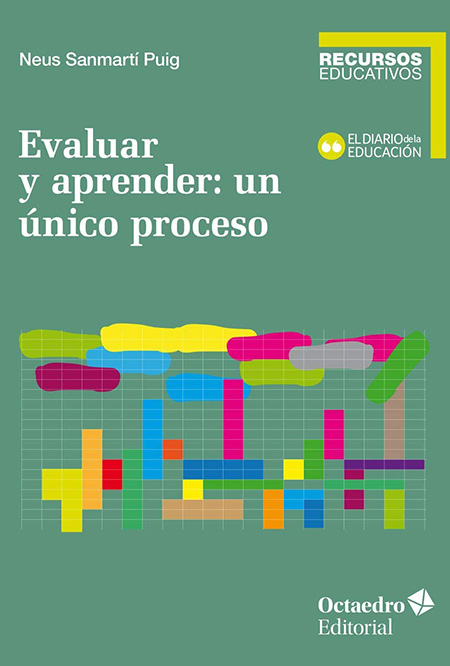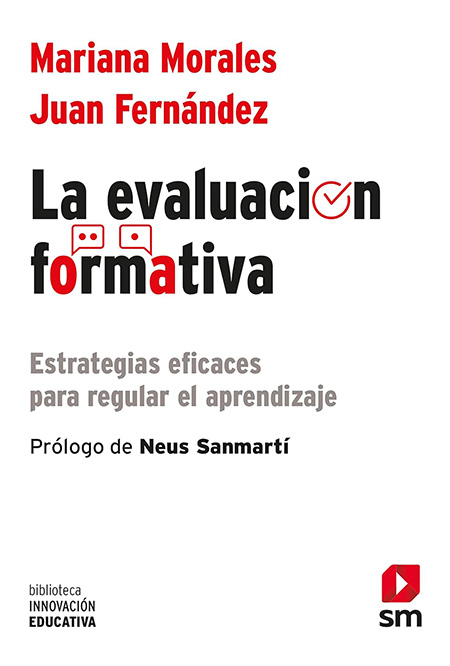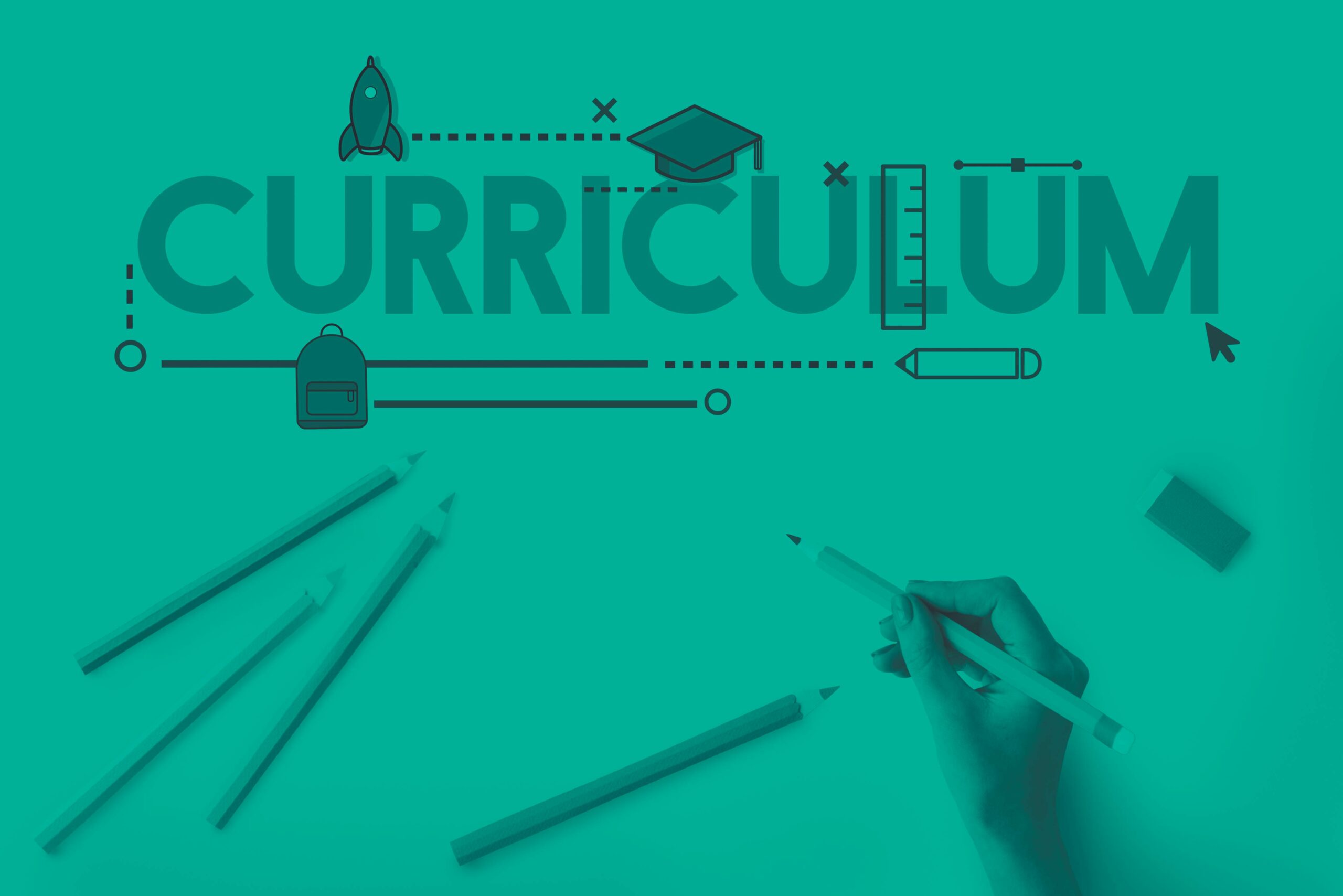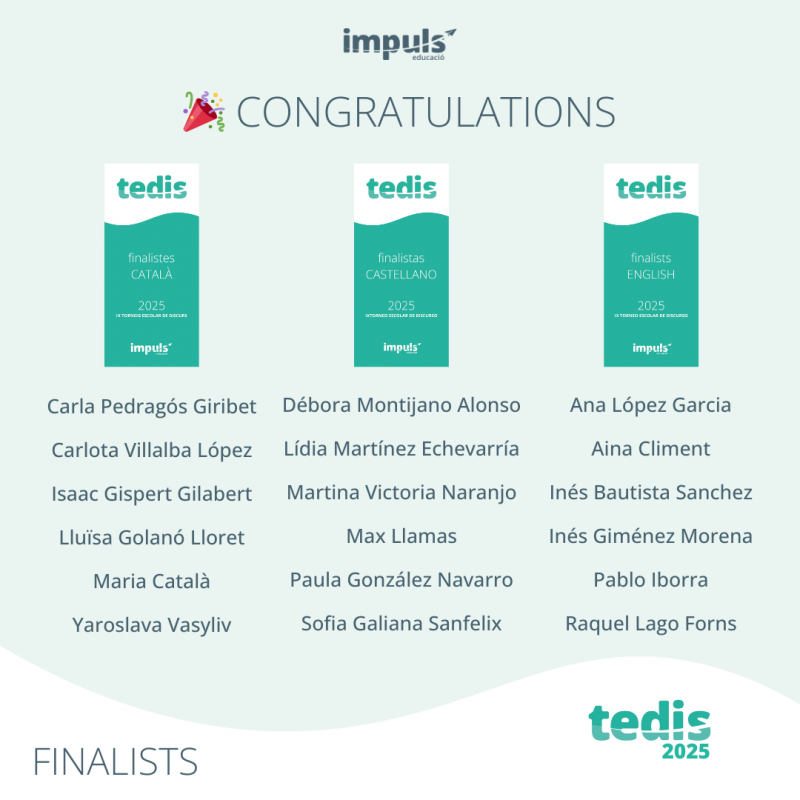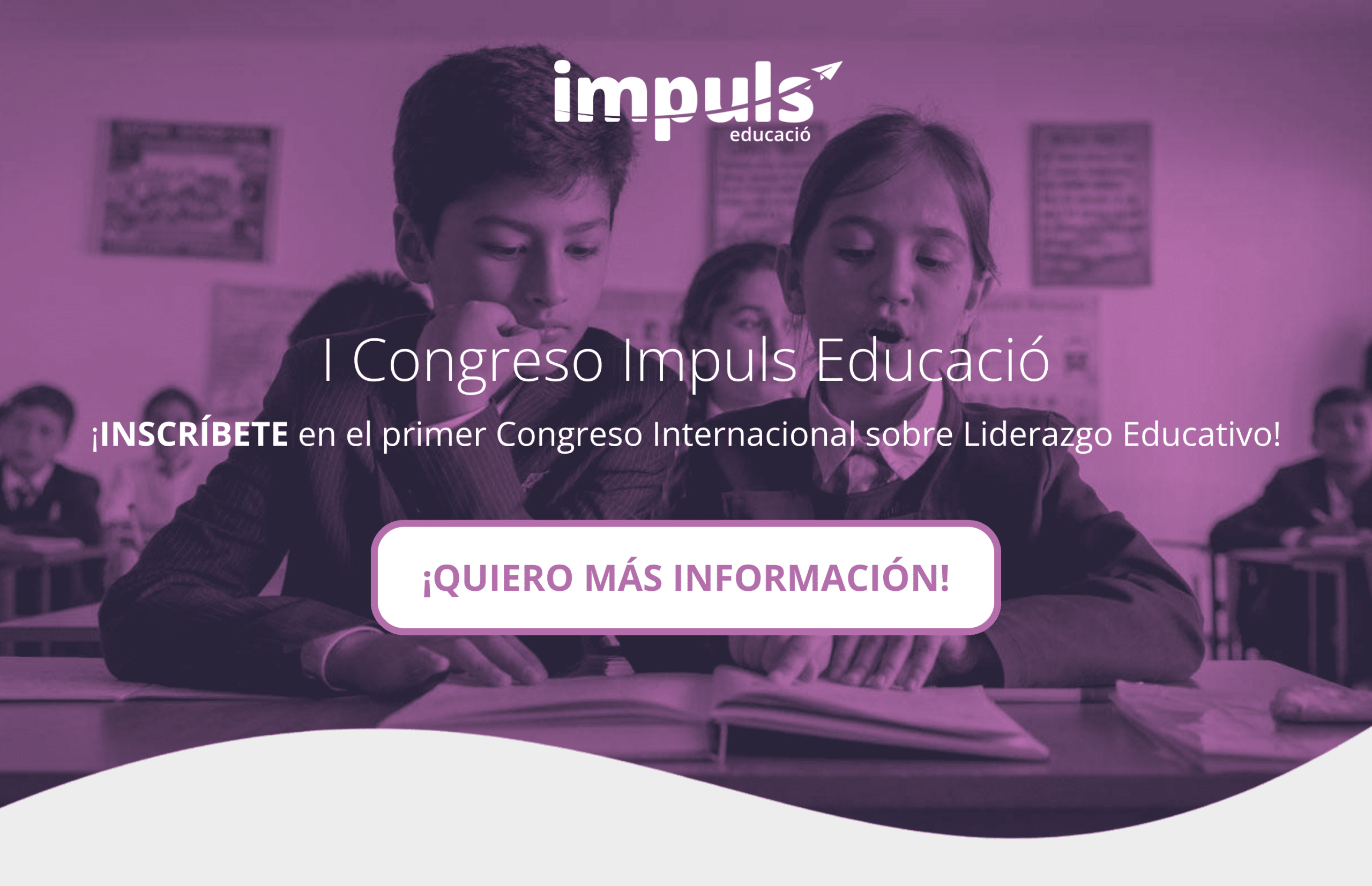Educational Evaluation
Assessing students in groups
Author: Johnson, D. & Johnson, R., Corwin 2003
Summary: The purpose of this book is to provide practical guidance on the use of cooperative learning groups as the context for group assessment, co-assessment, individual assessment and self-assessment. It offers a wide range of assessment procedures, the vast majority of which require a group context. Co-operative classroom environments allow students to care for each other and at the same time support their own and each other’s learning.
La evaluación formativa
Summary: Assessing becomes an obstacle course where the student passes and the teacher certifies, but which does not respond to the objective of improving learning either in quantity or quality. The authors of this book propose a formative assessment that really allows students to grow. They invite us to reflect on some of the assessment practices that we may have repeated without considering whether they worked or not. This is a rewarding task for teachers, as they see how their students learn more.
Evaluar y aprender: un único proceso
Summary: The fundamental function of assessment is to regulate the whole learning process, i.e. to focus its strength on good feedback, which helps learners to make good decisions in order to identify what they already do well enough and how they can overcome the obstacles they encounter. Necessary conditions are a change in the status of mistakes, in order to perceive them as normal and the starting point for learning, and to pass the role of evaluation to the students, since it is they themselves who must correct themselves, i.e. find for themselves the best ways to recognise what they do well and make progress in overcoming difficulties.
Embedded formative assessment
Summary: If we want our students to thrive in the impossibly complex and unpredictable world of the 21st century, we need to focus on raising educational achievement by increasing the quality of teachers in our schools. In this book, the author argues that teacher quality is the most important factor in the education system. He outlines the many possible ways in which the practice of serving teachers could be developed and concludes that, of all of them, formative assessment has the greatest impact on student outcomes.
PISA COMO EXCUSA: Repensar la evaluación para cambiar al enseñanza
Author: Carles Monereo (Coord.), Graó 2009
Summary: How can the principles of PISA be used to bring about educational transformation? This book attempts to answer this question by showing, firstly, that assessment has decisive effects on student learning and teacher teaching and that, therefore, the competencies of the assessor are essential for an appropriate assessment of student competencies. Secondly, it presents a guide inspired by PISA principles for analysing and modifying assessment and teaching activities.
Questioning for Formative Feedback
Author: Jackie Acree Walsh, ASCD 2022
Summary: This book explains how quality questioning by both teachers and students, and dialogue based on active listening between teachers, students and peers, serve as feedback and reinforce learning. The author explores how educators can use feedback to significantly improve student learning through constructive dialogue.

